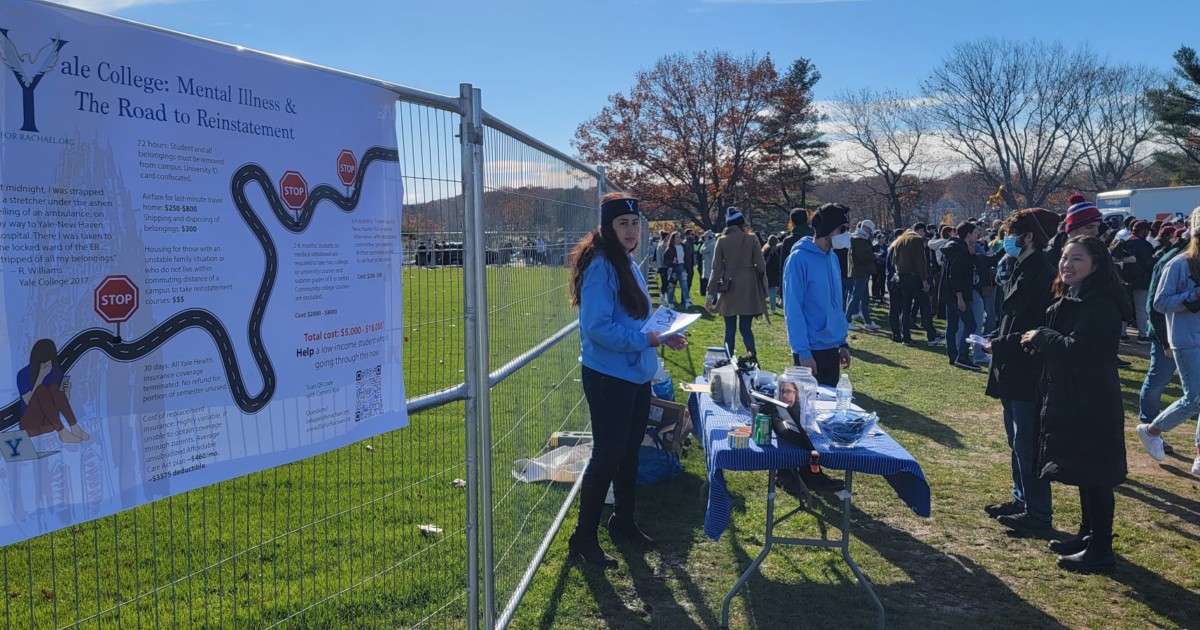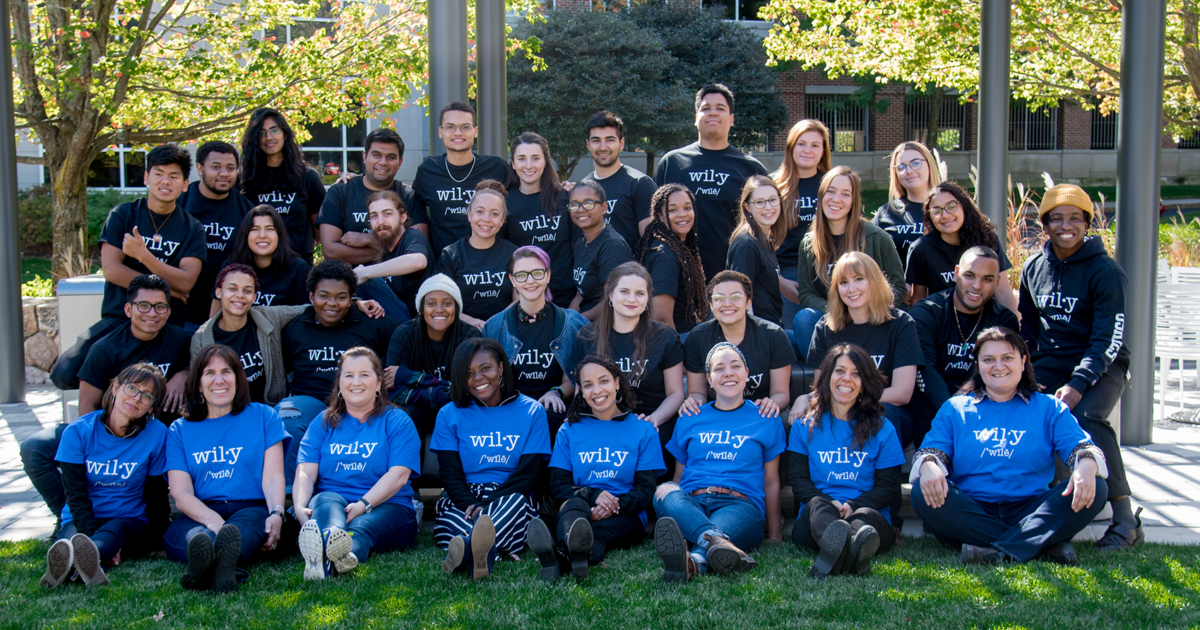In a study published in Emerging Adulthood in October 2022, Pasupathi et al detail the impact of the COVID-19 pandemic on college students’ mental health, identity development, and academic resilience. According to College, Interrupted: Profiles in First-Year College Students Responses to the COVID-19 Pandemic Across One Year, all three were negatively impacted by the pandemic’s disruption to daily life. While the impact on mental wellbeing on this population has been well-documented and there is some evidence to its effect on academic success, this represents the first research effort detailing the effect on college students’ identity development. As noted by the study authors, college “typically provides a unique experience for identity exploration, including the new sense of autonomy from their homes, relationships with new peers and mentors.” The findings in this study have noteworthy implications, given that a coherent sense of identity is associated with psychosocial wellbeing.
This study focuses on full-time students who began college for the first time in the fall of 2019, as the pandemic was particularly disruptive for this group. The graduating class of 2023 started their college experience shortly before the interruption of COVID-19, then were sent home to continue their studies virtually. Researchers compared the study population to pre-COVID-19 samples in addition to following the cohort longitudinally over the course of one year (from April 2020 to April 2021) to track changes in mental wellbeing, academic functioning, and identity development.
Identity Exploration and Commitment
The authors briefly describe the theoretical framework behind identity development, explaining that in the transition to adulthood, identity is formed through the process of exploring various options and then committing to one. In other words, young people build their identities by exploring various “careers, ideologies, relationships, spiritual traditions and more,” and then make decisions and commit to specific options in those areas. The process of identity exploration involves having new experiences and creating meaning through those experiences, a process that was altered substantially during the early days of the pandemic.
The authors also touch on three types of identity exploration: exploration in-breadth (which involves discovery, investigation, and information-gathering on various identity options); exploration in-depth (the process of a young person’s reflection on their choices and consideration of commitments); and ruminative exploration (which refers to brooding or worrying about these identity formation decisions and is often considered dysfunctional exploration due to its correlation with negative mental health outcomes).
Academic Functioning
The study authors also investigated changes to students’ academic functioning, including along two indicators of academic flourishing in college – self-efficacy and a sense of belonging to the institution, which have previously been shown to be predictive of student success, including retention and graduation.
What They Found
Reaffirming previous research, the College, Interrupted study found increased mental health concerns including depression, generalized anxiety disorder, social anxiety, and eating concerns, in the wake of the pandemic shutdown. The researchers also found that these effects either stayed constant or worsened over the study period.
On academic functioning measures, participants in the study also reported lower self-efficacy compared to pre-COVID-19 samples, and a decline in college belonging over time. This decline was more pronounced for students who reported more COVID-19-related stressors (such as not being able to see their family due to the pandemic).
Importantly, this study revealed that critical aspects of identity development were derailed for this population. Initially, participants reported increased identity exploration along all three types: in-breadth, in-depth, and ruminative (unhealthy) exploration in comparison to pre-pandemic samples. And the identity exploration observed at baseline declined over the course of the study period. They also exhibited lower levels of identity achievement or maturity. Over time, researchers observed even further declines in identity maturity suggesting “a stalling of identity development.”
The study authors theorize that while the typical college experience provides young people the opportunity to try out different experiences and identities, the pandemic and resulting disruption interrupted “opportunities for experience-based exploration and may have also called into question students’ emerging visions for their future, leading to increased levels of both healthy and un-healthy forms of identity exploration.” Additionally, the researchers noted that maintaining the high levels of ruminative identity exploration identified in this study (which is characterized by worry over identity-related decisions) could undermine young peoples’ capacity to engage in the positive aspects of identity development.
While the long-term implications of these findings on college students’ personal and professional trajectories are unknown, the authors state that this research suggests possible challenges for them as they move through their college tenure and graduate.
It is worth noting that student engagement crisis has been widely covered since the beginning of the pandemic. Anecdotal evidence from faculty and administrators across the country over the past several years indicates a noticeable difference in student engagement, both in the classroom as professors report low levels of class attendance and fewer students turning work in on time, and outside the classroom, for extracurriculars and social engagements. This research provides a framework in which to consider this phenomenon and the challenge of re-engaging young people in their college experience.




